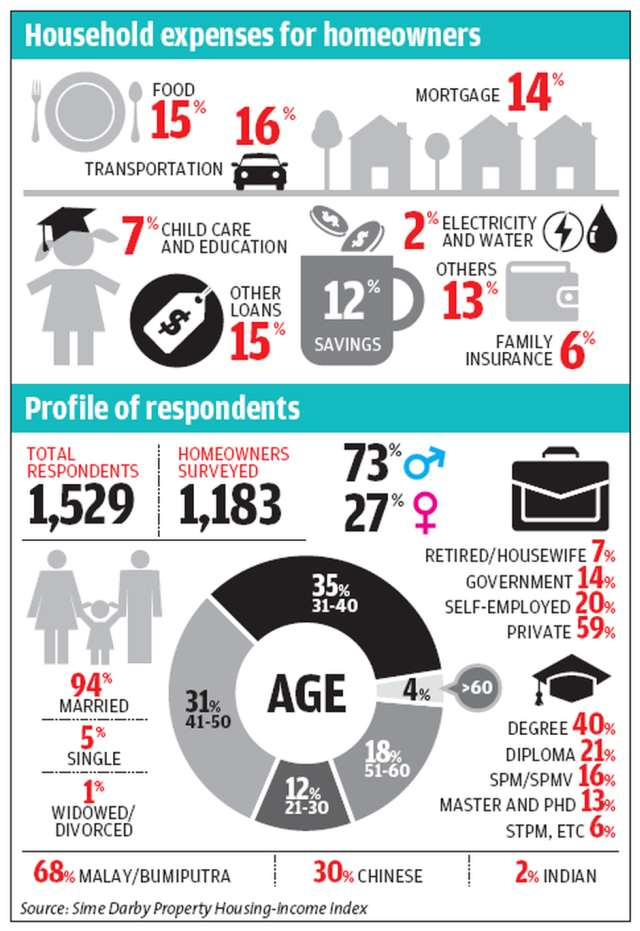Opera is employingвЂbait that is“deceptive switch’ strategies to attract in borrowers and billing egregious interest rates,” wrote Nate Anderson, Hindenburg’s creator, who stated he’s gambling on Opera’s stock to fall.
Oslo-based Opera, managed by Chinese technology billionaire Zhou Yahui, stated the report included unspecified mistakes and that each of its apps adhere to the insurance policy simply because they provide repayment terms of significantly more than 60 times.
Bing declined to touch upon the Opera apps. One or more of them disappeared from Bing Enjoy following the Hindenburg report, however it has because been restored.
“You can pick 1 as much as 30 times,” wrote an agent of Nairobi-based Zenka Finance Ltd. in to a customer who asked about repayment terms december.
Zenka, 5th into the SimilarWeb position, disappeared from Bing Play the other day but ended up being later on restored. Duncun Motanya, Zenka’s Kenya nation supervisor, stated via email which he didn’t understand the explanation and that Zenka complies with Google’s policy. “I suppose, with the hassle around finance apps, Bing scrutinize us more,” he penned.
Google Policy
Bing revealed its policy that is new in and offered lenders 30 days to comply. Into the U.S., it set a maximum annual rate of interest of 36%. The organization imposed comparable limitations on internet search engine results for loan providers in 2016.
“Our Bing Enjoy Developer Policies are built to protect users and have them safe,” said Jackson, the organization spokesman.
Google’s policy reflects the growing power of big technology organizations to contour commerce that is global Matt Flannery, Branch’s co-founder and ceo, published in an article Wednesday. He called the business the “Central Bank of Bing.”
Countries have radically lending that is different, so a single international two-month rule does not sound right, Flannery penned. After Branch started providing the two-month choice to adhere to its comprehension of Google’s policy, few Kenyans decided on the longer payment term, however in Asia, where Branch additionally runs, one-third of the latest customers did, he stated.
“Instead of iterating in one international guideline for the world’s lenders,” he wrote, Bing “should just defer to your real main banking institutions.”
Credit Boom
Kenya’s credit that is digital ended up being authorized because a big share for the country’s population utilizes mobile-money records for day-to-day re payments and costs. The essential service that is popular M-Pesa, had been started significantly more than about ten years ago. That created an opening for online lenders pitching loans that are short-term could possibly be funded and paid back through phones.
Within the last several years, a large number of loan apps have sprung up within the eastern African country. They provide short-term loans of less than a few bucks at high rates of interest to everyone else from workers in offices in Nairobi to village road vendors. An incredible number of Kenyans have actually lent.
A study by MicroSave Consulting said that 91% of loans in Kenya in 2018 were digital september  . The apps are controversial, criticized by politicians to take benefit of the indegent.
. The apps are controversial, criticized by politicians to take benefit of the indegent.
“What the lenders that are mobile doing is ripping down Kenyans,” Jude Njomo, an associate of Kenya’s Parliament, stated in a October interview. “Who could ever conduct business having to pay the high interest levels?”
In Kenya along with other countries where lending that is mobile popular, numerous users have not lent from the bank before while having small experience with monetary agreements. Google’s policy had been targeted at pressing developers to longer-term loans, which can be easier for borrowers to control.
“People choose the loans away from desperation for the money,” stated Gilbert Kiprono, 28, who works well with a mobile-phone business in Kitale, in western Kenya, and contains lent from mobile loan providers. “They are often available but extremely exploitative.”
